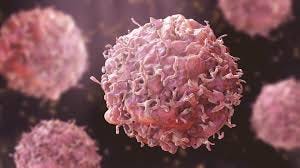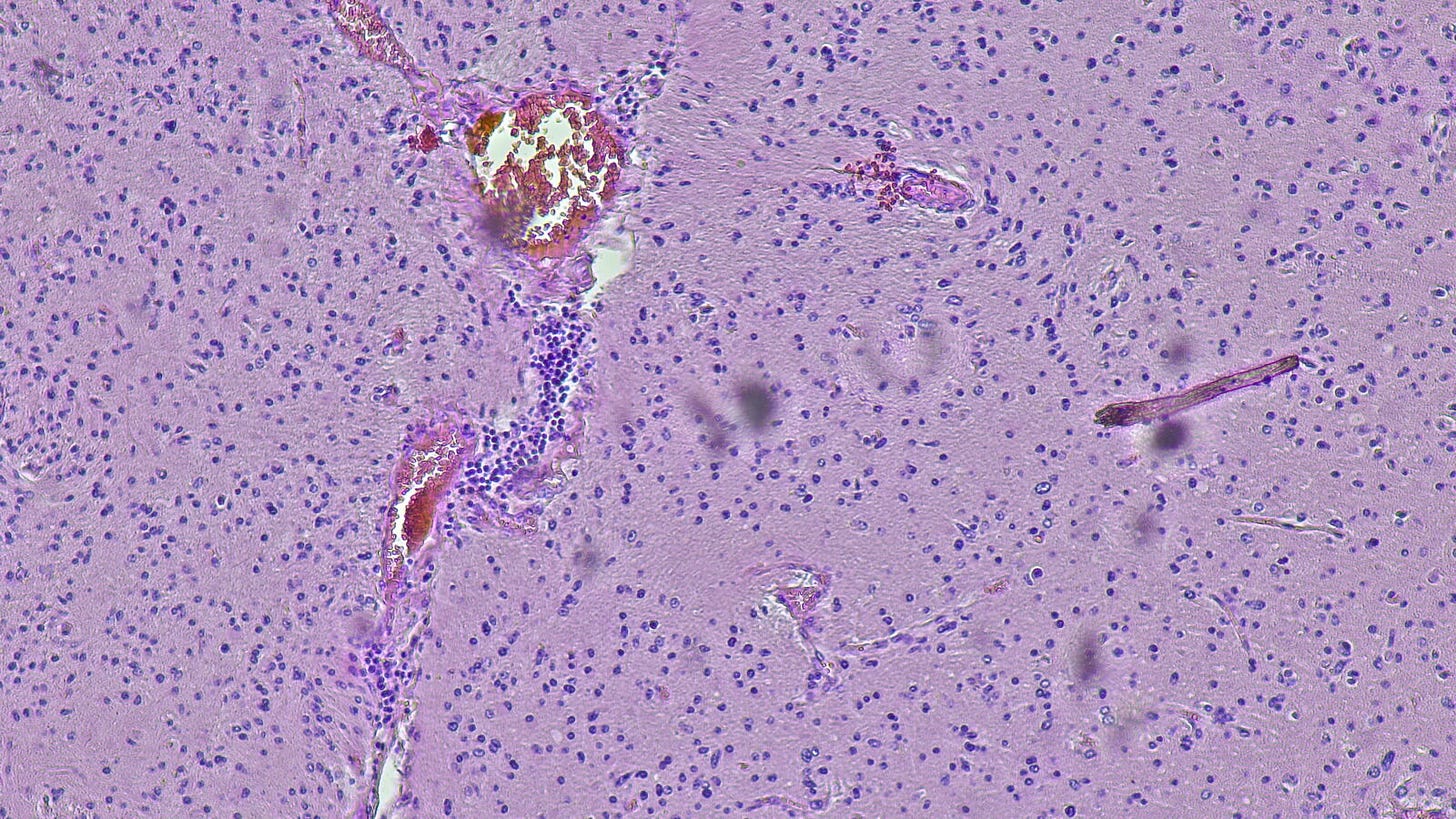OSE Therapeutics Vaccine Boosts Cancer Survival Rates
OSE Therapeutics unveiled impressive Phase 2 results at ASCO, showing their therapeutic cancer vaccine achieved a 65% overall survival rate in advanced cancer patients. The vaccine, designed to stimulate patients' immune systems against cancer-specific targets, significantly prolonged patient survival compared to historical benchmarks.
Implications: This advancement highlights therapeutic vaccines' potential as a major addition to cancer treatment, offering personalized and less toxic options. However, larger trials are needed to confirm lasting benefits and establish widespread clinical integration.
Kite's CAR-T Therapy Clears Major Safety Hurdle in Lymphoma
Kite Pharma's CAR-T therapy demonstrated excellent safety and effectiveness in recent lymphoma trials, significantly reducing severe side effects often associated with cellular treatments. Early data presented at ASCO shows the modified T-cells successfully targeted and eliminated cancer cells without the typical high rates of toxicity.
Implications: Safer CAR-T treatments could dramatically expand patient eligibility and improve outcomes in blood cancers. Nonetheless, the complexity, cost, and manufacturing logistics still pose significant challenges to broad adoption.
Gene Therapy Reverses Three Diseases with Single Bloodstream Injection
Scientists developed a groundbreaking gene therapy capable of simultaneously reversing three separate genetic disorders through a single intravenous injection. This innovative method delivers gene-editing tools directly into the bloodstream, correcting mutations at multiple sites with unprecedented efficiency and precision in animal models.
Implications: If confirmed in human trials, multi-disease gene therapies could revolutionize treatment strategies, significantly reducing cost and complexity. But careful evaluation of long-term safety, regulatory approval, and ethical guidelines remains crucial.
Exercise Shown to Improve Colorectal Cancer Outcomes
A comprehensive study confirmed regular physical activity substantially improves survival and reduces recurrence in colorectal cancer patients. Researchers found exercise boosts immune function, lowers inflammation, and enhances overall recovery, directly contributing to better cancer outcomes.
Implications: Integrating structured exercise programs into cancer care protocols could become standard practice, though accessibility, adherence, and personalized guidelines are necessary for broad patient benefit.
UK Cancer Deaths Drop by 22% Despite Rising Cases
New UK statistics show a remarkable 22% decline in cancer deaths over the past 50 years, despite rising cancer incidence. Advances in early detection, improved treatments, and targeted therapies significantly boosted survival rates across multiple cancer types.
Implications: These findings underscore the impact of continuous research and public health initiatives. Nonetheless, addressing disparities in cancer care access and outcomes remains vital for sustaining and extending these gains.
CAR-T Therapy Offers New Hope for Glioblastoma
Promising early results from Kite’s CAR-T therapy trial against glioblastoma, an aggressive brain cancer, indicate significant tumor shrinkage and improved patient survival. This marks a rare but critical advance in treating one of the most resistant forms of cancer, previously unresponsive to conventional therapies.
Implications: CAR-T’s effectiveness in glioblastoma could open doors to treating other solid tumors. However, ensuring consistent efficacy, overcoming immune responses, and refining targeted delivery methods are essential next steps.
Thank you for reading! Stay tuned for more discoveries pushing the boundaries of healthcare, biotechnology, and beyond.
















Share this post